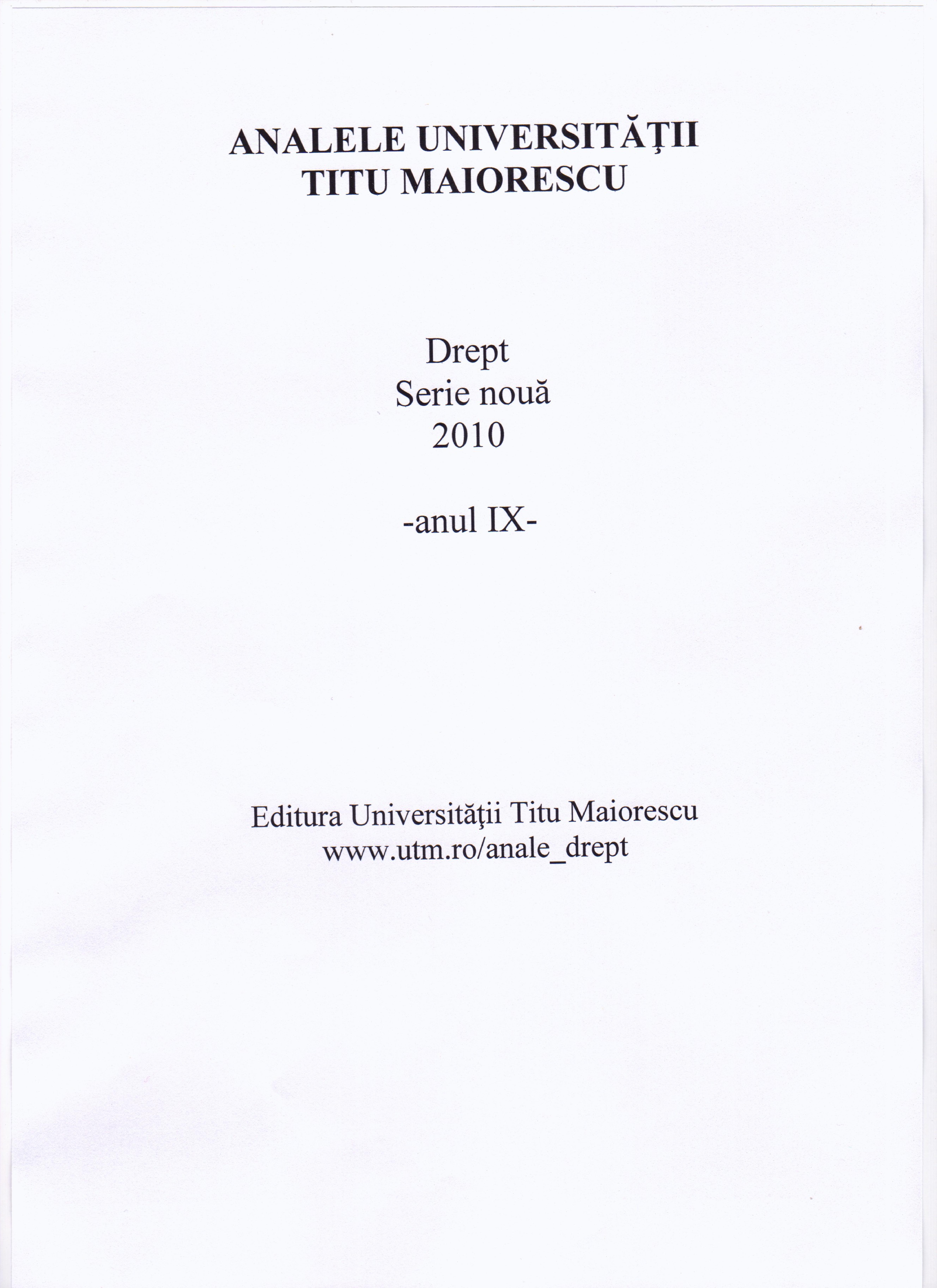IMPLICATIONS FOR ROMANIA OF THE EUROPEAN UNION’S REGULATIONS ON MARITIME BORDERS
IMPLICATIONS FOR ROMANIA OF THE EUROPEAN UNION’S REGULATIONS ON MARITIME BORDERS
Author(s): Gabriela Alexandra OantaSubject(s): Law, Constitution, Jurisprudence, EU-Legislation
Published by: Editura Hamangiu S.R.L.
Keywords: European Union; Romania; Borders; FRONTEX; Maritime spaces; Law of the Sea
Summary/Abstract: The safety of maritime external borders of its Member States represents a major concern for the European Union. The problem of management of external maritime borders of the Union has been embodied relatively recently into the European agenda. But, despite this, it has been experiencing significant diversification, determined primarily by the need for a greater and effective surveillance of maritime external borders to, thus, prevent the unauthorized entry of persons from the sea in the European Union, fight cross-border crime or take other measures against them. This issue gets a new perspective from the accession of Romania and Bulgaria to the European Union in January 2007, because nowadays this International Organization has a part of its Eastern border in the Black Sea. In the heart of the mechanism created by the European Union for the surveillance of external borders is the European Agency for the Management of Operational Cooperation at the External Borders of the Member States of the European Union (FRONTEX). And precisely on the basis of the experience acquired by this Agency since its setting-up – in 2005 – the European Union has published the April 26, 2010 a Decision by which seeks to ensure, as we’ll discuss in the first part of this paper, the uniform application by all Member States participating in the operations coordinated by FRONTEX of international standards governing the operations of maritime border surveillance. And, as we’ll analyze in the second part of this work, this European Union’s binding act also wants to create a common modus operandi for all the Member States participating in the operations of maritime border surveillance coordinated by this European Agency on, among others, the interception of a ship, and guidelines for search and rescue situations and for landing in the context of these operations coordinated by FRONTEX.
Journal: Analele Universității Titu Maiorescu
- Issue Year: 2010
- Issue No: IX
- Page Range: 83-99
- Page Count: 16
- Language: English

